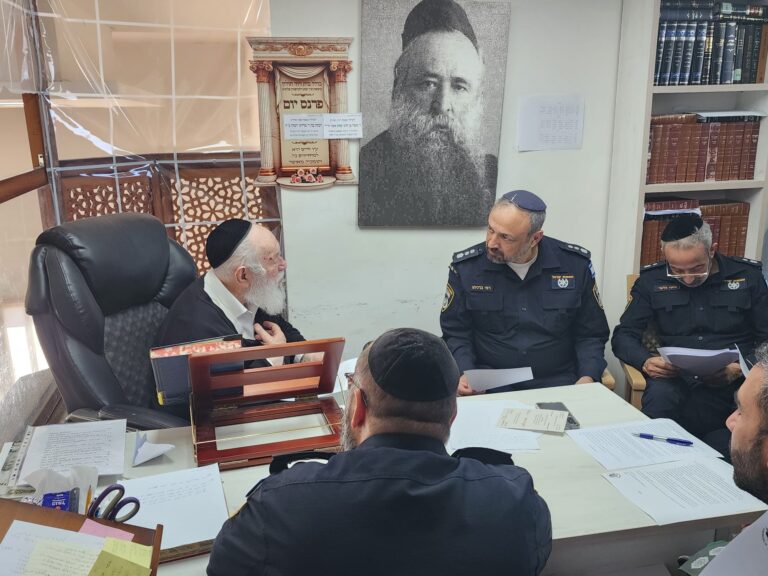 Gov. Cuomo is expected to approve “hydrofracturing” to drill for natural gas upstate after yesterday receiving a long-awaited report stating that the controversial process can be used safely outside the city’s watershed.
Gov. Cuomo is expected to approve “hydrofracturing” to drill for natural gas upstate after yesterday receiving a long-awaited report stating that the controversial process can be used safely outside the city’s watershed.
The recommendation — great news for some of the Empire State’s most economically hard-pressed areas — was contained in a nearly-900-page scientific and engineering report from the state Department of Environmental Conservation.
Cuomo, who vowed during his campaign to boost upstate economic development, is expected to give the go-ahead to hydrofracturing after a 60-day period of public comment, which begins on Aug. 1.
“This report strikes the right balance between protecting our environment, watersheds and drinking water and promoting economic development,” said DEC Commissioner Joseph Martens.
Mayor Bloomberg praised the report for both recommending that drilling be banned in the city’s watershed and for calling for “a process to establish rules that will allow drilling elsewhere in a rigorously protective and environmentally responsible way.”
Huge quantities of natural gas are in a massive reserve known as the Marcellus Shale that spans much of the Southern Tier region on the border with Pennsylvania, which has already given the go-ahead to widespread hydrofracturing that employs tens of thousands of workers.
Supporters say drilling in the Marcellus reserve will trigger an economic boom in an area of poor farms and depressed cities like Binghamton, generating thousands of jobs, hundreds of millions of dollars in revenues for land owners and huge tax revenues for local and state government.
Environmental activist groups, many from outside the region, have issued dire warnings of dangers to public water supplies and have called for an outright ban.
The new report does recommend that hydrofracturing be banned near local water supplies. It also calls for prohibiting surface drilling on all state-owned land including parks and forest areas and would require the DEC to issue strict regulations to regulate the process.
Assembly Speaker Sheldon Silver (D-Manhattan), whose personal-injury law firm Weitz & Luxenberg has solicited claimants against gas drillers in other states, issued a statement attacking the DEC report.
“There are simply too many unknowns to risk inflicting long-term, potentially catastrophic damage to New York’s environment and water supply,” he said.
A spokesman conceded that Silver hadn’t read the DEC report before making the statement. After talking with Cuomo, Silver issued an “amended” response that said he was pleased the report recommended a ban on drilling in the city’s watershed and vowed that the Assembly would be “vigilant” as the DEC moves forward.”
(Source: NY Post)











2 Responses
DRILL BABY DRILL!!
LIBS get OUT of the way!!
Its the Libs vs America now!
No. 1: Major portions of the water supply for New York City are located in the region where gas-bearing shale is located. If the cons con us – if the New York City water supply is poisoned by a financially irresponsible gas driller who does not have the financial wherewithal to get all the poison out of the water supply (assuming, of course, that the technical wherewithal even exists) – then America’s most important city will be uninhabitable. So put the slogans to rest and use our heads to consider whether the risk of a BP-type disaster (British Petroleum, not Boro Park, for those of you who don’t get out much) that destroys or materially compromises a huge city’s water supply is a sensible risk to take for the modest amount of gas that would be produced.
This is a hard question, and I do not pretend to know the answer, but it would be a con to say that this is a good idea without an independent, unbiased, comprehensive evaluation of all the relevant facts. No. 1, on the other hand, thinks the answer is easy and is written in the Holy Book of Palin. But of course, No. 1 is a con.
So, No. 1, how’s that simple-minded sloganeering workin’ out for ya?